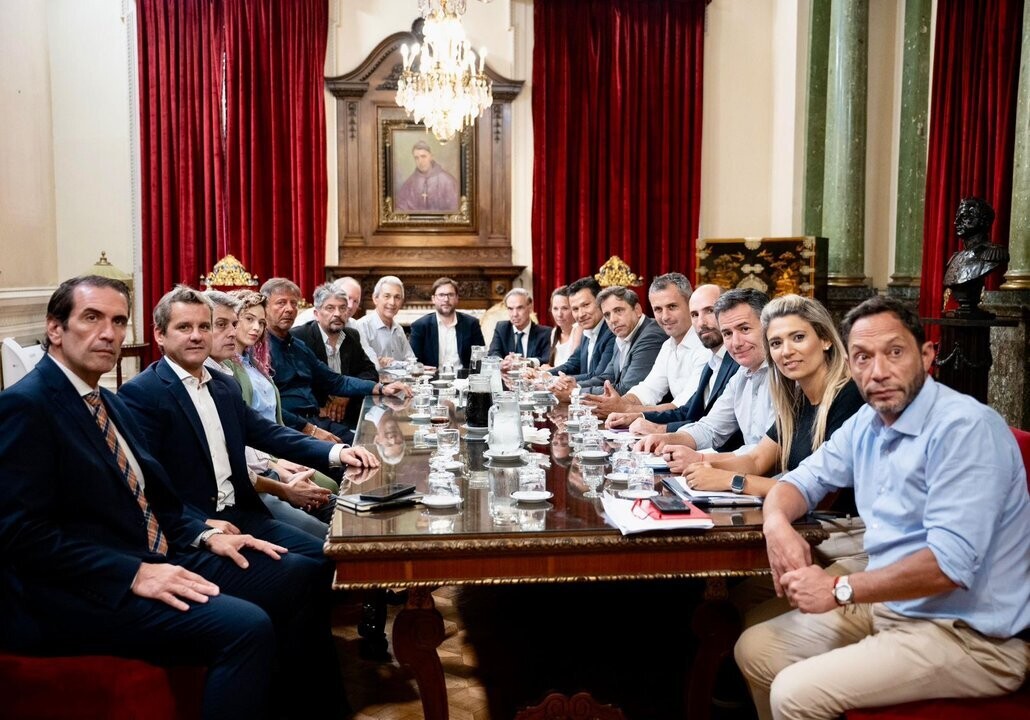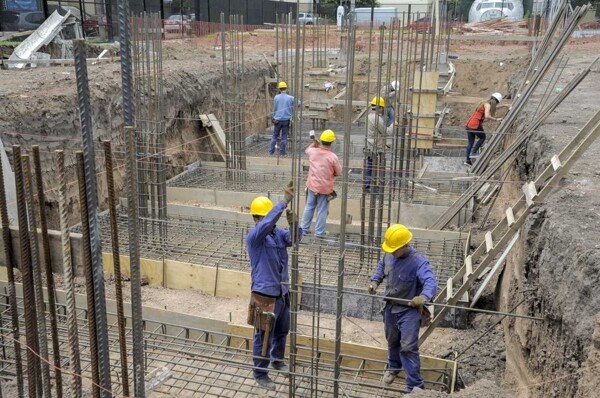
The president of the Chamber of Deputies, Martín Menem, met this afternoon with representatives of "dialoguing" blocs to gauge support for the electoral reform law that includes nullifying the PASO. The meeting did not include the heads of the PRO blocs, who attended the Casa Rosada last week for a first approach regarding the discussion of the extraordinary session agenda.
In Martín Menem's office, various leaders from different blocs are gathered, such as Miguel Pichetto, Oscar Agost Carreño from Encuentro Federal, Pablo Juliano and Carla Carrizo from Democracy Forever, Maximiliano Ferraro from the Civic Coalition, Carlos Fernández and Daniel Vancsik from Federal Innovation, and Karina Banfi from the UCR, among others. The government is represented by the deputy chief of staff, José Rolandi, who provides minute-by-minute updates on the progress of negotiations to the head of the portfolio, Guillermo Francos.
Although the government's original intention was to eliminate the PASO with the electoral reform, it could lower its expectations and accept the PRO's proposal to suspend them. However, to achieve the necessary 129 votes, Menem and Francos face a complex scenario, as there is not the same willingness to cooperate among allied blocs as in previous months, especially after the government shelved the 2025 Budget project.
This is why any partial support that may come from a sector of Unión por la Patria is crucial, as the missing votes could emerge from that group. However, the government has not yet initiated conversations with Peronism and prefers to first gauge the level of support it receives from the "dialoguers." Should the Chamber of Deputies manage to give partial sanction to the initiative, the atmosphere in the Senate is even more hostile towards the government, where the project would encounter a halt, just like the Clean Record proposal.













